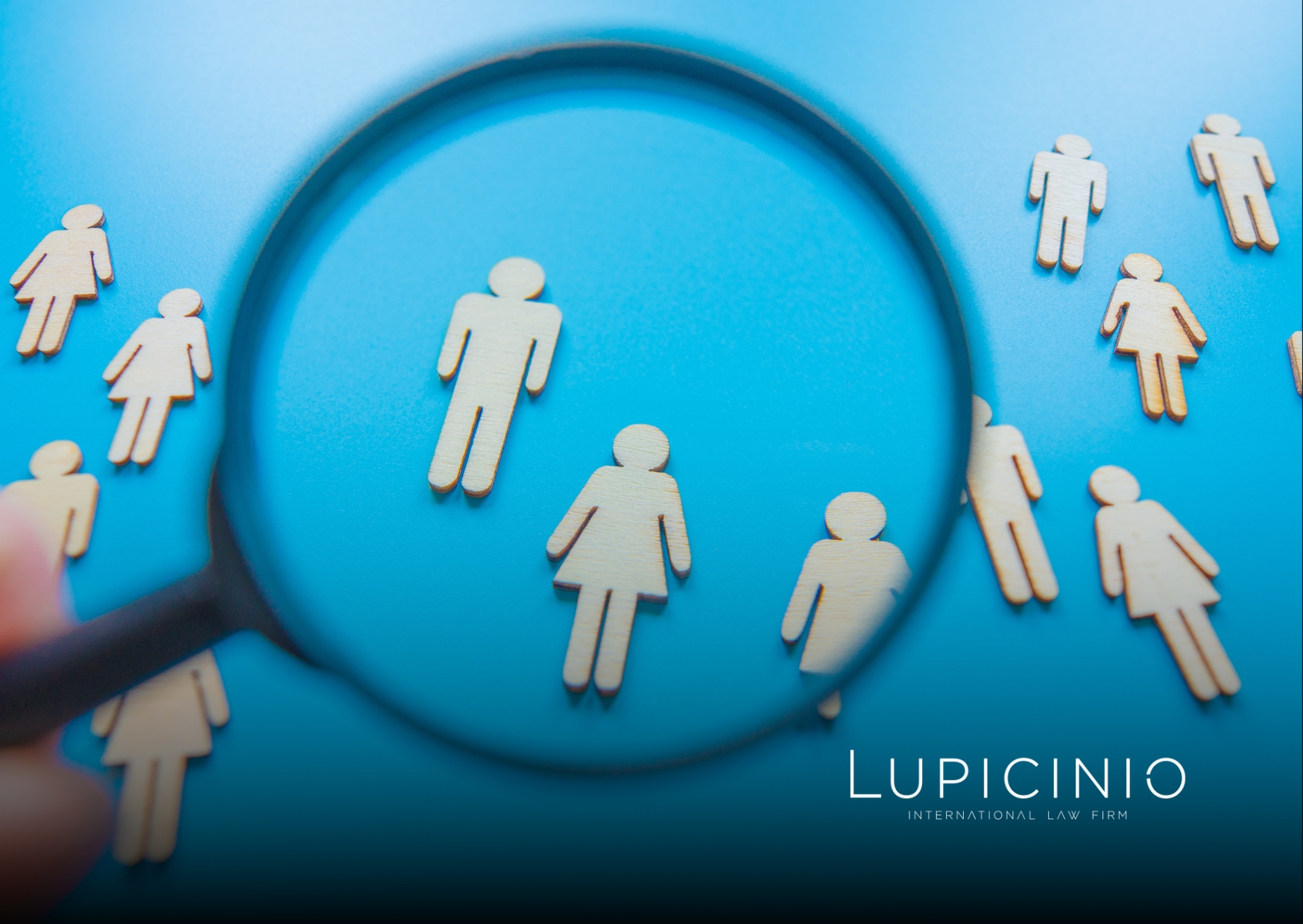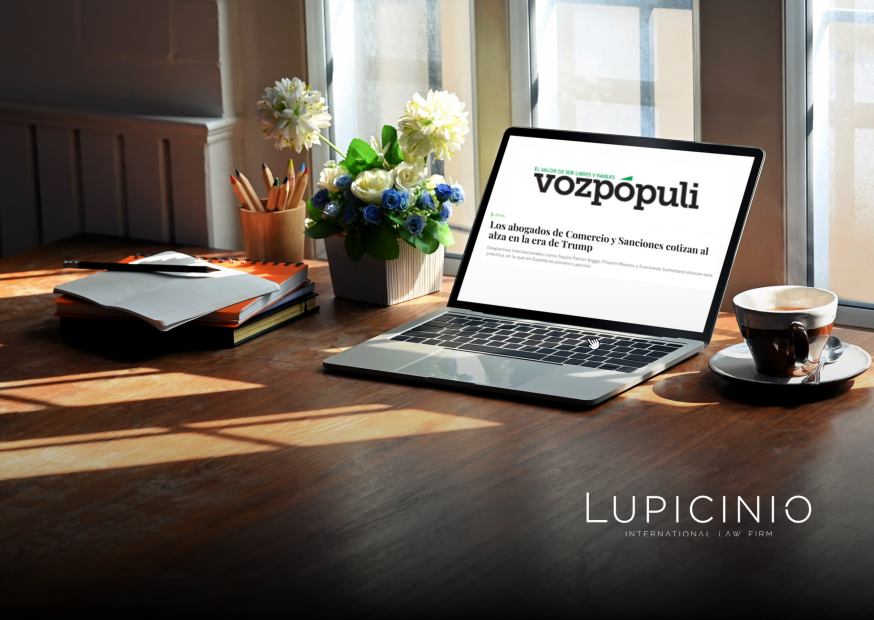Donald Trump celebrates the first year of his presidential term of office with new restrictions on those North Americans who wish to visit and do business in Cuba; and he does it through legalizing the measures which he informally announced last June during his rally in Fort Lauderdale (South Florida). Those measures were going to mean – and now mean – the end of the program for individual visits people-to-people created by Obama, which allowed US citizens – U.S Persons – to freely visit Cuba under a series of lax conditions, prior communication to the Treasury Department. Furthermore, to censor the economic, commercial and financial transactions of US companies and citizens with companies linked to the Revolutionary Armed Forces and the intelligence and security services in Cuba.
The measures announced in June were supposed to come into effect on September 15th, but the impact of Hurricane Irma at that time seemed to make President Trump aware that to formalize such measures at the time that the cyclone left 134 dead in its wake would be inappropriate – which implicitly involves acknowledging the very high unpopularity of these types of measures in the US – and therefore he decided to postpone its entry into force. However, the “Irma effect” barely lasted eight weeks. The Office of Foreign Assets Control (OFAC) published last Wednesday 8th November the final resolution of this new set of measures that are ultimately more psychological and a show for the public than economic, and we will explain why.
Trump aims to undermine the Cuban tourism industry from two sides: first, by repealing the people-to-people program. Official figures show that 284,937 Americans visited the island in the financial year 2016, and so tourists from the US barely make up 7% of the total number (a list in which Canada leads). This measure will mean, based on data from the prestigious Brookings Institution, a reduction of “between one and two percent” of U.S Persons visiting Cuba. In other words, this first anniversary measure of Trump shall prevent around 3,000 US citizens – equivalent to two ferry crossings or six Boeing 747s – from visiting Cuba each year, and that their $120/day which the Cuban Ministry of Tourism works out as the average expense of a foreign tourist shall find other destinations.
The second side – to censure the economic, commercial and financial transactions of US companies and citizens with a list of Cuban partners – also doesn’t seem to cause great damage to the Cuban public economy. Brookings Institution calculated that 31% of the US dollars which enter Cuba fall directly into the Cuban private sector, especially in private homes, restaurants, paladars or taxis. In short, although Trump’s new anniversary measures seek to jeopardize Cuban businesses linked to Revolutionary Armed Forces and the intelligence and security services in Cuba and the US president has declared that he intends to make the impact on Cuban citizens be “the least possible”; the reality is that the current restrictions shall hit equally to the private sector. It should be noted that several Spanish hotel chains such as Iberostar or Meliá as well as international chains such as Kempinski, signatories of operating and marketing contracts for hotel complexes – due to their links with sanctioned Cuban partners – shall no longer be able to offer their services to US citizens or advertise in the US.
While all this was going on, the Business and Economics Polling Initiative at the University of Florida (FAU BEPI) published the results of a survey which showed that 47% of those consulted support the diplomatic thaw towards Cuba and the end of the embargo, compared to 34% who opted for hardening. According to their director, Mónica Escaleras, “the people of Florida support Obama’s policy towards Cuba more, while the popularity rate for Trump continues to fall in the State”.
Based on the above it would seem that the underlying purpose of Donald Trump’s anniversary measures is to make the entry of his own companies – not only hotels – on the Cuban market even more difficult. Because ultimately, and even knowing that Cuba considers foreign investment as an “essential” element for its economic development, the fact that Trump limits the access of his compatriots to the island – either as tourists or as investors -, does not change the opinion of the majority of tourists and investors of other nationalities that have been doing business in Cuba for decades and despite the US sanctions. Beyond seeing it as a threat, foreign businesses in Cuba may see these measures as an opportunity to consolidate their position and it saves them from competing against huge American companies wanting to establish themselves on the Island. All in all, it seems that we are already familiarizing ourselves with a new concept in the area of US foreign policy, that is “all Trump and no bite”.
José María Viñals Camallonga
Partner and Director of International Operations
Renato A. Landeira
Senior Lawyer






